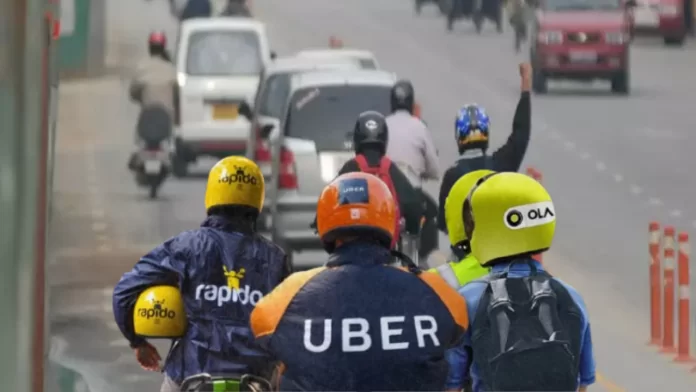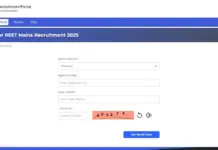The government has increased the freedom for cab companies like Ola, Uber, InDrive and Rapido to increase fares during peak hours. Earlier, these companies could increase the fare only up to one and a half times (1.5x) of the base fare.
Now, in the new rules, the government has allowed them to increase the fare up to twice (2x) of the base fare. However, during less crowded times, the fare will not be less than half (50%) of the base fare.
States get three months’ time
According to the Times of India, the central government has asked all states to implement these new rules within the next three months. The government wants that there should not be much burden on the passengers during peak hours. Also, it has to be ensured that the companies do not compete unfairly with each other by giving too much discount.
New rule for penalty on cancellation
If the driver cancels: If the driver cancels the trip after accepting the ride on the app without giving any valid reason, he will be fined 10% of the fare or a maximum of Rs 100 (whichever is less). This fine will be divided between the driver and the company (aggregator).
If the passenger cancels: If the passenger cancels the booking, a similar penalty will be charged from him.
Insurance is mandatory for drivers
Now, cab companies will have to ensure that all their drivers have health insurance of at least Rs 5 lakh and term insurance of at least Rs 10 lakh.
Who will decide the base fare?
Now auto-rickshaws and bike taxis have also come under the purview of these rules. State governments will fix the base fare for different types of vehicles (taxi, auto, bike taxi).
For example, the base fare of a taxi in Delhi and Mumbai is around Rs 20-21 per km, while in Pune it is Rs 18 per km. If a state has not fixed the base fare, then the companies will have to fix the base fare themselves and inform the state government.
No empty fare
The good news is that passengers will no longer be charged ’empty’ fare. Empty travel means the distance travelled by the driver to pick up a passenger.
This will be charged only in one case: if the distance to pick up the passenger is less than 3 km. Apart from this, the fare will be charged only from the start of the journey to the destination.
New arrangements for passenger safety
It will now be mandatory to install Vehicle Location and Tracking Device (VLTD) in every vehicle. The information about this device should be available to the company as well as the state government’s control center. Companies will have to conduct refresher training courses for their drivers every year.
Drivers with the worst ratings (bottom 5% of drivers, based on the length of time they have been with the company) will have to undergo refresher training every three months. If such drivers do not undergo training, they will not be allowed to work on the company’s platform.
Most Read Articles:-
-
Minimum Balance Waiver: PNB removes Minimum average Balance charges for non-maintenance from July 01
-
ELI scheme: Govt approves ELI scheme worth ₹1.07 lakh crore, target to provide 3.5 crore jobs
-
‘Old Delhi Railway Station should be renamed’, CM Rekha Gupta wrote a letter to the Railway Minister
-
NPCI has issued new rules, Money sent to someone by mistake through UPI can be easily recovered
-
Aggregator Guidelines: Big news for Ola, Uber, Rapido! Central government issues guidelines















